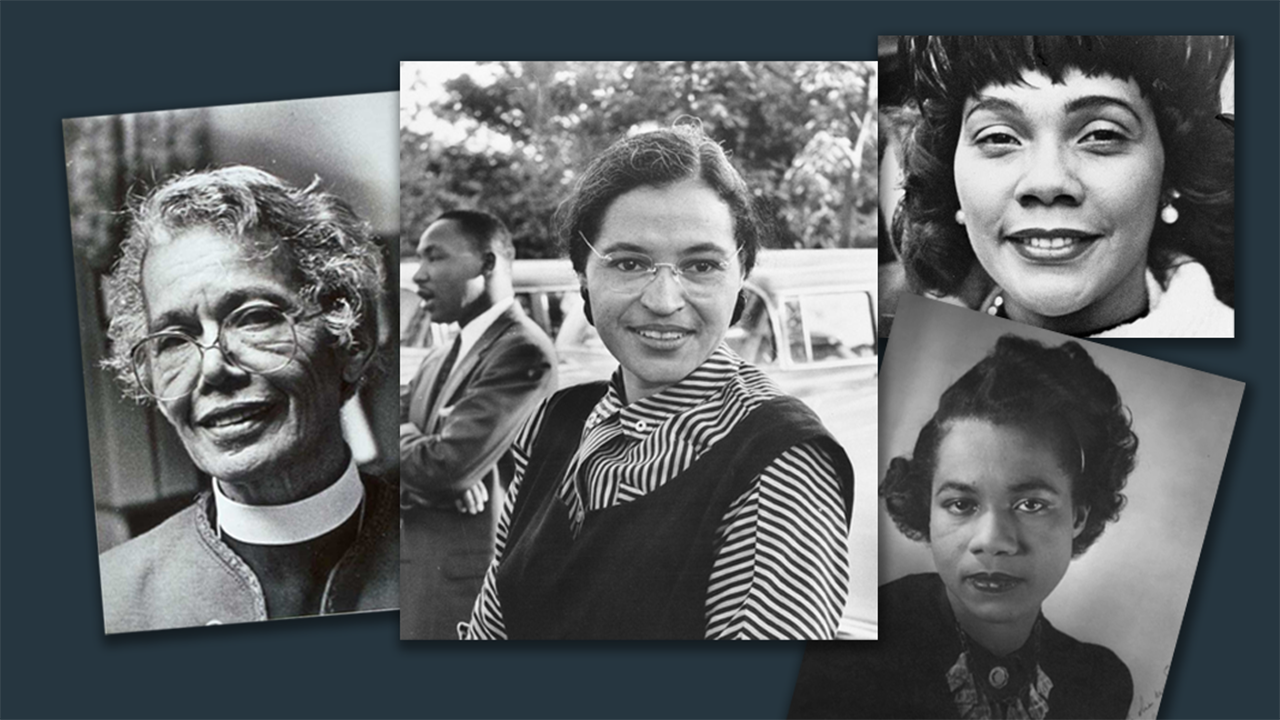It was all about the yellow. So bright, so hopeful, it took our breath away. After months of sadness, struggle, and uncertainty, 23-year-old inaugural poet Amanda Gorman stepped up to the podium like a pure sunbeam. Her yellow coat was only matched by the certainty and luminous joy on her face. Amanda spoke from her heart—telling us that there would be brighter days ahead: “When day comes we step out of the shade, aflame and unafraid. The new dawn blooms as we free it. For there is always light.”
Throughout the pandemic, Amanda and so many other women, have shown us the way. Research shows that countries led by women during the pandemic have fared best. Jacinda Ardern of New Zealand, Angela Merkel of Germany, Erna Solberg of Norway, Katrin Jokobsdottir of Iceland, and Sanna Marin of Finland, among others, have recorded markedly lower Covid death rates and better economic performance than their peers. These leaders demonstrate the power and effectiveness of women’s leadership.
So this Women’s History Month, we are asking ourselves: What does “women’s leadership” look like? Women’s leadership leans towards relationship-building, consensus, and values of equality, fairness, ethics. It is a particular combination of head and heart which centers the health of individuals and families and is guided by a deeply practical morality. Yet, there is another element, and a simpler one. Women’s leadership often starts at the home and prioritizes the basics—education, food, health, security.
Conflict-ridden countries have been brought back from the brink with women at the helm. When Ellen Johnson Sirleaf was elected president of Liberia, she simply wanted security for children to be able to walk to school and for food to be on tables at the end of the day. President Johnson Sirleaf was able to appeal to that deeply personal and pragmatic element in each person to rebuild a society that started with the fundamentals for every family.
To be sure, there are many men who exhibit these qualities of leadership, and many women who do not. Yet, in this time of crisis and rebuilding, it makes sense to reflect on the leadership qualities that are particularly needed in times of upheaval—qualities of empathy, a belief in the dignity of every person regardless of race, religion, or political persuasion, the instinct towards practical activism, and the ability to reach across to “the other.”
I have witnessed this type of leadership these past months in many women, in particular in the actions of many of our SOAR fellows, the first all-women class of emerging leaders at the Aspen Institute, who are part of our Forum on Women and Girls.

There’s Desire Shepler, president and CEO of Alaska Family Services, who is responsible for vulnerable families across Alaska. Seeing the dangerous spike in domestic abuse in families, and with their shelter closed due to COVID, Desire worked to repurpose hundreds of hotel rooms across the state to serve as temporary shelters for women and children escaping abuse at home.
And there’s Marc Julmisse, Chief Nursing Officer at the University Hospital of Mirebalais in Haiti, a 300-bed facility in the poorest region of Haiti. Marc, a single mom, showed up day in and day out to treat patients as COVID cases climbed, while upon returning home each night, she was unable to hug her son until she had changed clothes and showered. Even in the midst of the crisis, Marc was training a staff of 400 nurses to build medical capacity where it was most needed.
Rebecca Dixon, executive director of the National Employment Law Project, stepped up her efforts to fight for pay equity, particularly for women in the caregiving economy, such as nurses and child-care workers, who have been essential during the pandemic. An estimated 3 million women have dropped out of the workforce during Covid due to pay inequality, undervalued work, and child-care challenges. In light of this, Rebecca has increased efforts to bring women into sectors of the economy that have not traditionally been held by women and to fight for recognition of the critical role of women in the economy.
These have been times of darkness. More than half a million people have died from Covid in the US. Two million deaths have been recorded globally. We have seen that leadership matters—in fact, it may be the defining element in ensuring people’s safety and ability to weather the storm. Luminosity—the quality of light emanating, especially in times of darkness. Let’s celebrate the luminous women leaders who show us, not only a way out of the darkness, but a better way for the future.
Peggy Clark is the co-chair of the Institute’s Forum on Women and Girls.

